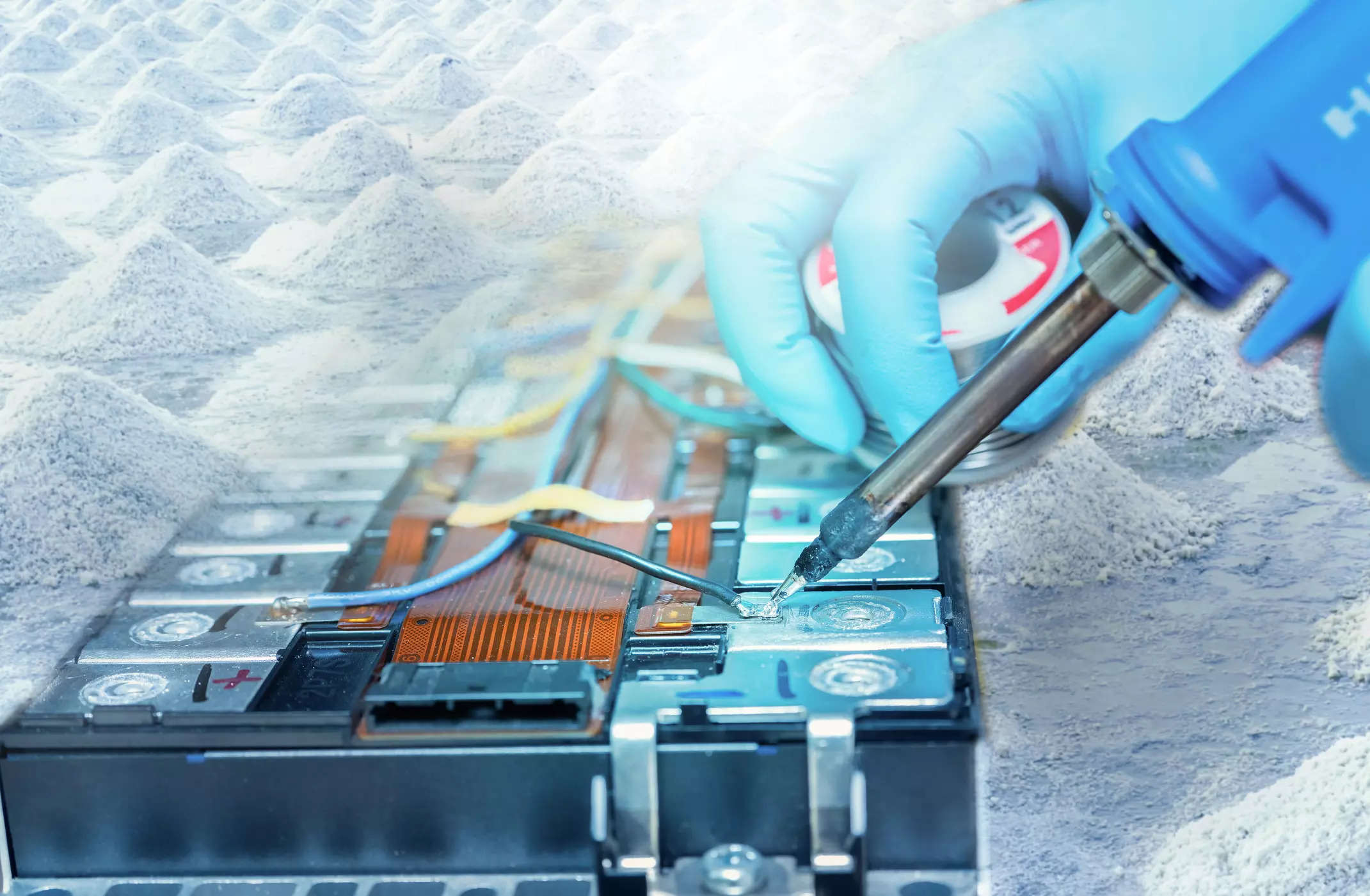
New Delhi: With the increasing demand for EVs, scarcity of lithium, pressure on the supply chains, and the -term prosperity of the industry, potential alternatives to the conventional lithium-ion and lead-acid battery technologies are fast emerging. Technologies like sodium-ion battery chemistries are being worked upon and experts suggest that the industry may see it in production sooner than expected.
Pune-based KPIT Technologies on Tuesday unveiled its sodium-ion battery technology. Developed over the last eight years, it is ready for adoption by manufacturers.
The technology has been tested internally in a smaller group. In its next phase (6-12 months), the tech solution will undergo trials by customers, after which it is expected to go into commercial production.
“Typically, a technology company takes the technology to Level-7 of testing and validation stage, which involves extensive testing in a small environment. We have done that. The next stage is testing in the external environment in large volumes, which will now happen with a manufacturing partner,” Ravi Pandit, co-founder and chairman, KPIT Technologies, said.
Depending on the vehicle segment, about 40% to 60% of the cost of an EV is its battery. From a technology perspective, the main metrics in a battery involve its cycle life and affordability.
Pandit noted that the overall cost of a sodium-ion battery can be “up to 30% cheaper than a lithium iron phosphate (LFP) battery”.
Sodium-ion chemistry also allows the battery to charge faster, to “almost 100% in 20 minutes, and still get a long life”, an advantage that could potentially make the technology very competitive and cost effective.
Another advantage is that the sodium-ion battery EVs have less chances of fire hazards during transportation as they have no over-discharge characteristics. This means they can be allowed to discharge to zero volts. But, complete discharge in lithium-ion batteries can degrade them.
“We were thinking that we must do something which will give us leadership over a period of time,” Pandit said.
Set to be licensed within the next 12-18 months, the sodium-ion technology is expected to generate serious revenue for KPIT only after a year, even though a part of the revenue may come from the initial testing phase.
KPIT is also in talks with the existing auto industry players and those involved in other use cases of energy storage, he said. The technology company has a host of global OEMs, including BMW, Honda, Renault, as its customers.
In September, the Union Cabinet approved the scheme for viability gap funding (VGF) for the creation of a robust storage system for the excess wind and solar power produced. A total of 4,000 megawatt hours (MWh) of Battery Energy Storage System (BESS) projects will be developed by FY31 under the scheme, which makes a potential case for sodium-ion batteries to capture this market.
According to Pandit, KPIT is the first company in India to launch the technology, and among only 4-5 in the world to possess a matured technology solution for sodium-ion battery. The company also looks at its technology solution to have a global play.
Globally, battery giants including world’s largest lithium-ion battery manufacturer, China’s Contemporary Amperex Technology (CATL) are investing and working out sodium-ion battery technologies. CATL earlier announced that its first mass-produced sodium-ion batteries would debut in EVs from Chery Auto
BYD is moving forward with its plans to begin producing sodium-ion batteries in China. It recently showcased a car running on sodium ion battery that is expected to go into production from this calendar year.
Swedish firm Northvolt has also developed a sodium-ion battery. UK-based Faradion, now acquired by Reliance Industries, claims to have installed its first sodium-ion battery in Australia in December 2022.
Chinese EV maker JAC showcased an EV powered by a cheaper sodium-ion battery which could help reduce the cost of future EVs by 10%.
Most other companies are in the technology readiness stage. As the manufacturing reaches scale, sodium-ion battery technology could potentially be a strong option in the evolving energy mix for the transportation sector.

















